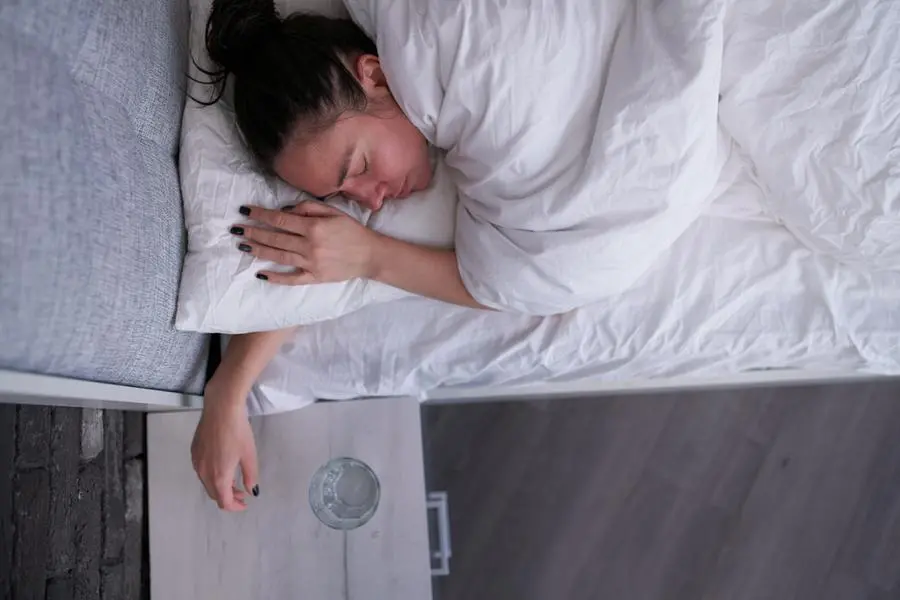PHOTO
UAE doctors have urged students to get enough rest at night. They warned if students sleep less, their grades can also be affected.
The need to get enough rest – particularly undisturbed sleep – was highlighted by medical experts on the occasion of World Sleep Day, marked annually on March 17.
They noted “good sleep is essential for students to thrive not only academically but also physically, and emotionally. It is recommended that students get between 8 and 10 hours of sleep per night.”
“Sleep is essential for cognitive function, including attention, memory, and learning. When students get enough sleep, they are better able to concentrate in class, retain information, and perform well on exams,” Dr Deep Bhattacharya, general practitioner, emergency/critical care at Canadian Specialist Hospital Dubai, told Khaleej Times on Friday.
Dr Bhattacharya added sleep is also vital for physical growth and development. He explained: “During sleep, the body releases hormones that promote growth and repair tissues, and lack of sleep has been linked to a range of health problems, including obesity, diabetes, and weakened immune system.”
How much sleep students are getting
Usual school timings are between 7am and 7.30am and many students wake up between 5.30am to 6.30am, and most of them stay late past midnight. A study conducted last year by Gulf Medical University in Ajman, revealed 63.2 per cent of participants had a prevalence of sleep problems according to Pittsburgh Sleep Quality Index. Among 131 participants with perceived sleep problems 95 (or 72.5 per cent) had sleep problems. Among 183 participants who said not to have sleep problems, 103 (56.3 per cent) had sleep problems. Younger age adolescents have 70 per cent higher risk for having sleep problem than older age adolescents for having sleep problem while adolescents in grades 10 and 11 have 70 per cent higher risk for sleep problems than those who are in higher grade.
What happens if students are sleep-deprived
When they are sleep-deprived, their attention span and memory are also impaired. Their ability to perform well academically is also affected. A study conducted among 600 college freshmen in the US published early this week in the Proceedings of the National Academy of Sciences, revealed that every lost hour of average nightly sleep at the start of an academic term was associated with a 0.07-point drop in a student’s end-of-term GPA (general point average). “When a student slept less than six hours a night, the effect of lost sleep on a student’s grades was even more pronounced,” noted David Creswell, lead author of the study and a professor in psychology and neuroscience at Carnegie Mellon University.
Doctor’s prescription
Dr. Aly Ragheb Aly, consultant paediatrics and neonatology at Saudi German Hospital Ajman, recommends schools should start not earlier than 8.30am as much as possible to allow good sleep for students.
“Adequate sleep will help improve students focus and attention. This will also maximise their mental concentration and memorization. They can be active in school activities and improve their academic performance. They will also avoid additional stress, behavioural problems, as well as Type 2 diabetes, obesity and other chronic health problems associated with lack of sleep,” Dr Aly added.
Copyright © 2022 Khaleej Times. All Rights Reserved. Provided by SyndiGate Media Inc. (Syndigate.info).




















